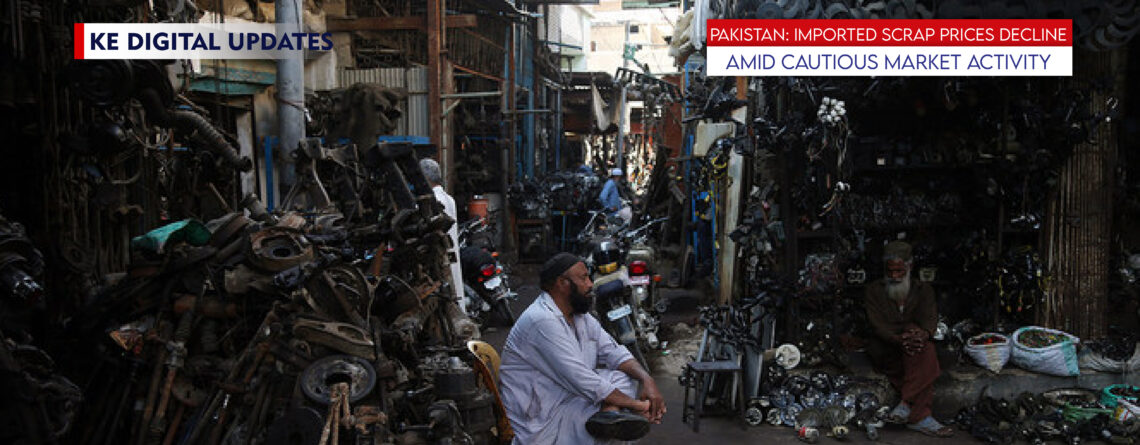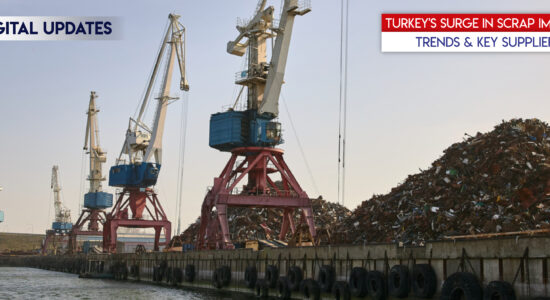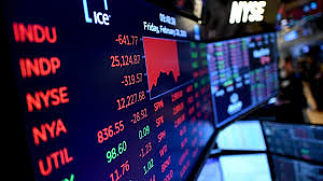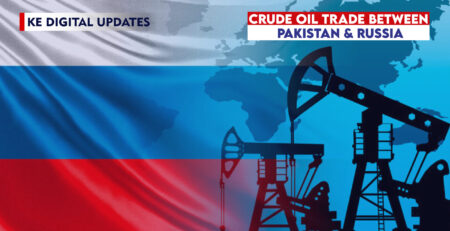The scrap metal market in Pakistan is experiencing notable fluctuations, with imported scrap prices witnessing a decline of $4 per tonne week-on-week. Current offers for imported scrap stand at $395-405 per tonne. Despite this downward shift, the market continues to face challenges driven by cautious buyer sentiment and subdued demand across the domestic front.
Imported and Domestic Scrap Trends
Imported shredded scrap from Europe and the United Kingdom is priced at $390-394 per tonne on a Cost and Freight (CFR) Qasim basis. Meanwhile, domestic scrap prices hover between PKR 130,000-140,000 per tonne, equivalent to approximately $463-499 per tonne. A temporary shortage of local scrap arising from the extended holiday period has created the potential for a gradual price increase in the domestic market. Traders anticipate that prices might soon climb to PKR 145,000-148,000 per tonne ($516-527 per tonne). However, this upward momentum is expected to remain measured due to the sluggish pace of market activity.
Relief from Electricity Tariff Reduction
Adding a glimmer of hope for steel mills, the phased reduction in electricity tariffs by PKR 6-8 per unit will likely bring some much-needed relief to production costs. This reduction could ease the financial strain on mills, allowing them to adjust their operational strategies. Nevertheless, industry stakeholders are cautious about immediate benefits, as overall market conditions remain challenging.
Demand Dynamics and Buyer Sentiment
Trade activity has been notably restrained, with buyers hesitant to commit due to slow domestic demand and broader economic uncertainties. Security concerns in Balochistan have also dampened market sentiment, delaying new infrastructure and construction projects. This has further compounded the challenges for the steel and scrap industries.
Market Outlook
While the current scenario remains subdued, industry insiders express optimism for a potential demand revival in the coming months. The upcoming budget announcement, scheduled for May or June, is expected to play a pivotal role in shaping market confidence and infrastructure spending. This could, in turn, stimulate both trading activity and steel consumption.
In the near term, imported scrap prices are anticipated to remain stable, supported by tight supply conditions and steady offers. However, meaningful recovery will hinge on resuming full market operations and clarity on future infrastructure investments. Until then, cautious sentiment is likely to prevail in the market.






Leave a Reply